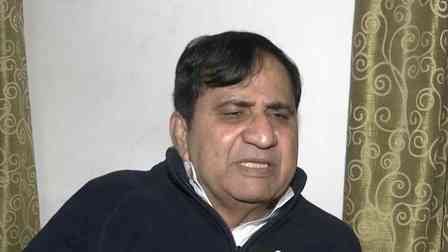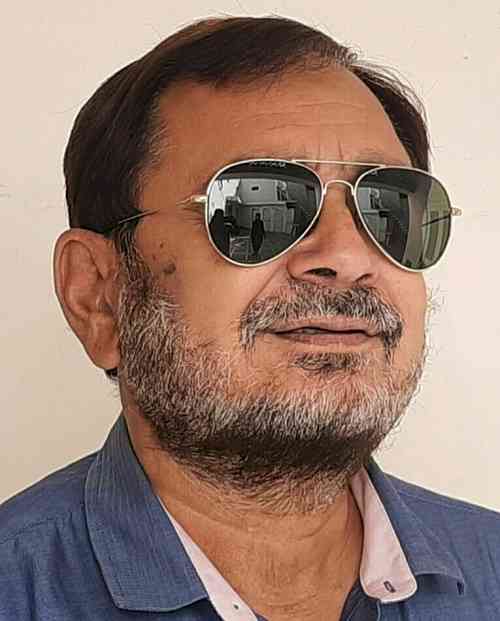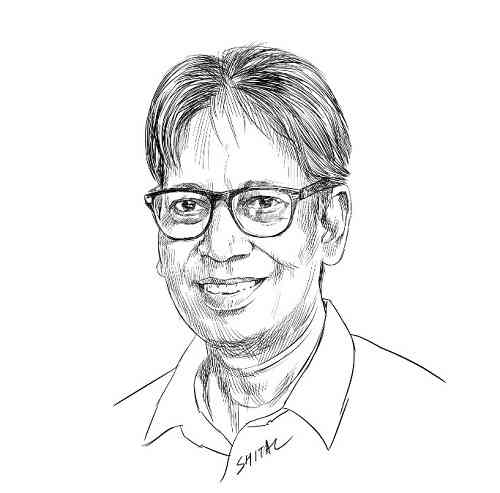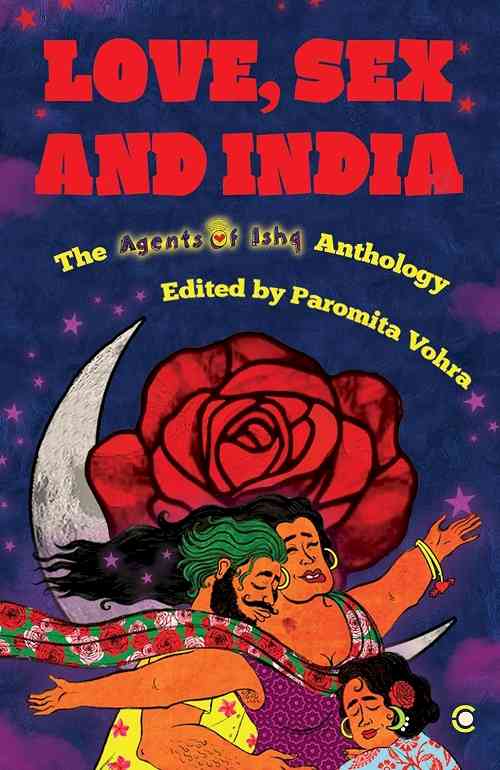Anxiety disorders have no effect on vaccine hesitancy: Study
Individuals who deal with anxiety are no less hesitant to get the Covid-19 vaccine compared to those without anxiety, according to new research.

New Delhi, Oct 24 (IANS) Individuals who deal with anxiety are no less hesitant to get the Covid-19 vaccine compared to those without anxiety, according to new research.
The new study led by the University of Waterloo in Canada aimed to investigate the relationship between vaccine hesitancy, psychological factors associated with anxiety, and individuals' reasoning for and against getting the vaccine.
"People with anxiety difficulties were not more hesitant about the vaccine. Rather, the more discomfort they had with uncertainty, the less hesitant they were," said Dr Christine Purdon, professor of Clinical Psychology at Waterloo in a paper published in the Journal of Anxiety Disorders.
"The opposite was true of those without anxiety, suggesting that discomfort with uncertainty may be an important factor when addressing vaccine hesitancy," Purdon added.
To conduct the study, the researchers surveyed 148 participants with and without anxiety disorders. All participants completed an online questionnaire examining Covid-19 vaccine hesitancy along with other related variables such as conspiracy beliefs, individualism, and intolerance of uncertainty.
They also surveyed the top reasons why individuals were motivated to get the vaccine and the top reasons why they were hesitant.
The most common reasons that participants were hesitant to get the vaccine were related to the vaccine's effectiveness and novelty, and fear of adverse effects.
In contrast, the most frequent reasons that participants were motivated to get the vaccine were to protect others, to protect self, and to return to a sense of normalcy.
The researchers found that anxious and non-anxious participants did not differ in vaccine hesitancy. However, discomfort with uncertainty predicted greater vaccine hesitancy in non-anxious participants, and in both groups' vaccine hesitancy was predicted by individualistic worldviews, conspiracy beliefs, and a lack of trust in authority.
Aliya McNeil, lead author of the study, said that the findings could suggest that people without anxiety disorders are concerned with uncertainty related to the vaccine itself, whereas people with anxiety disorders might view the vaccine as an opportunity to reduce stress and uncertainty related to the virus.
This may indicate that vaccine hesitancy is related to how one values independence.
The researchers hope that their findings will help aid in future research that continues to explore vaccine hesitancy and interventions to promote vaccine uptake.


 IANS
IANS 









